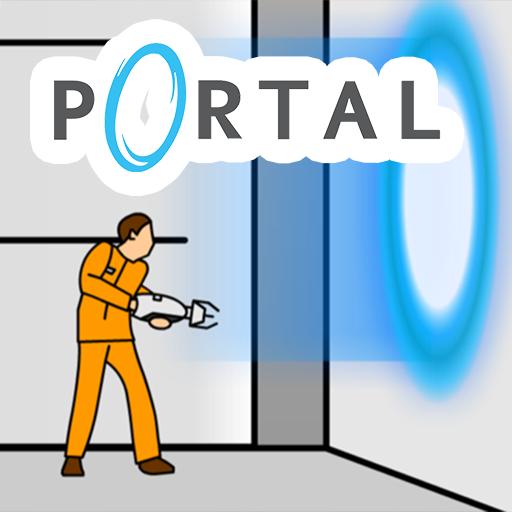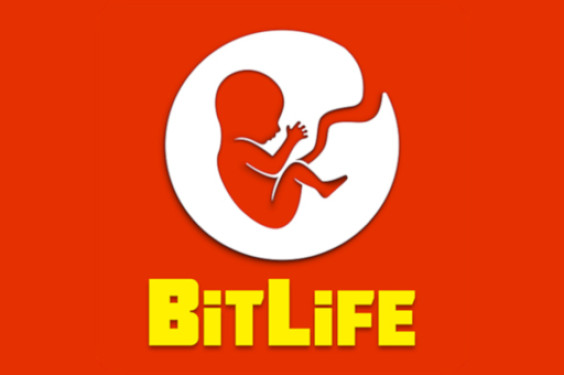Portal flash
Portal flash Portal flash Unblocked is a magnificent game which you can play on GamePog website right now. Look out your deftness in the original and compelling Arcade, Adventure game. Play also in Devil Kid, Snake mania, Shuffle. Enjoy in playing unblocked Portal flash game completely free and without registration! This game made by We…








